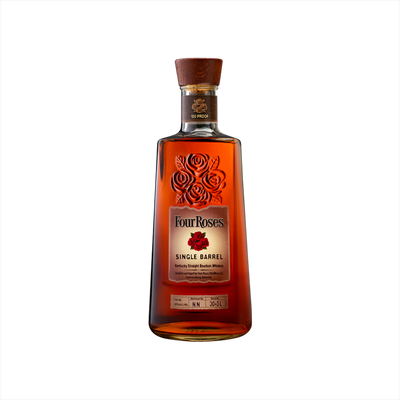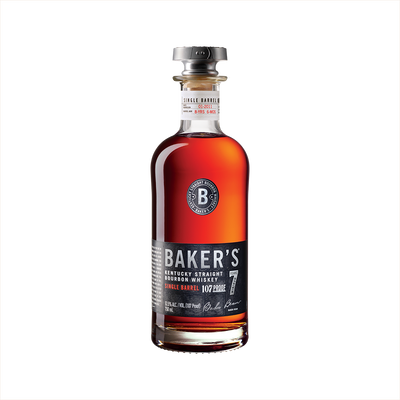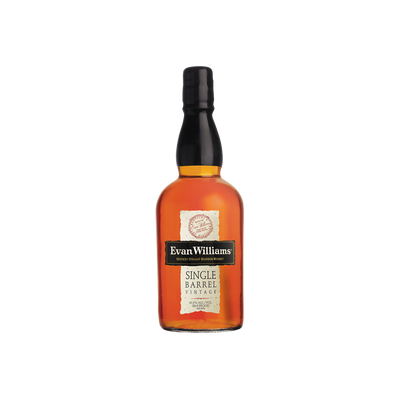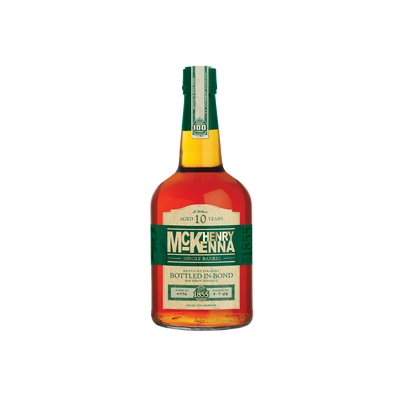The Pantomimist
Ingredients:
-
1 oz Four Roses Bourbon
-
1 oz Campari
-
0.5 oz Mal Bien Mezcal
-
0.5 oz Giffard Crème de Cacao
Directions:
Stir all ingredients with ice until very cold.
Strain into a cocktail glass.
Garnish with an orange wedge or twist.




